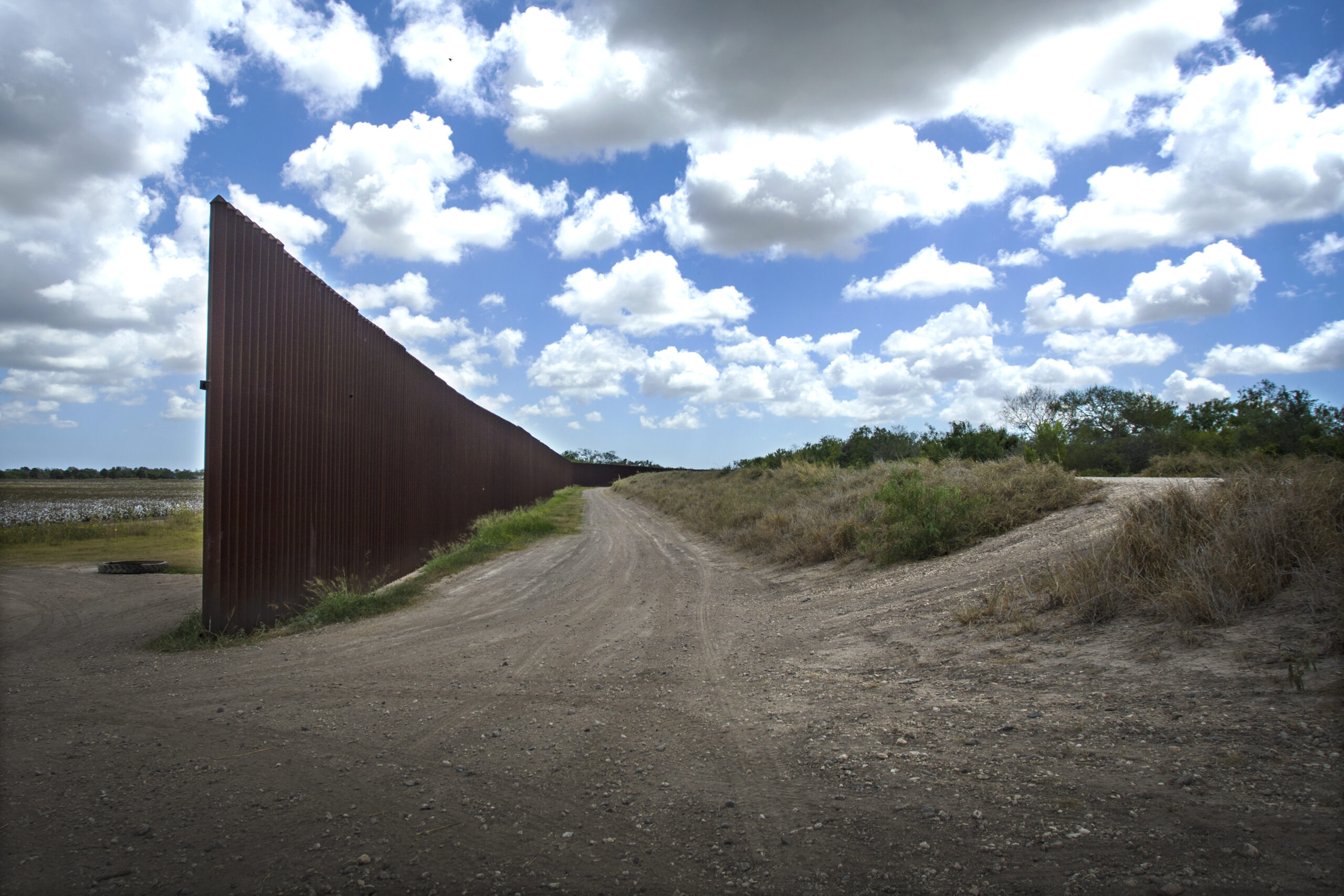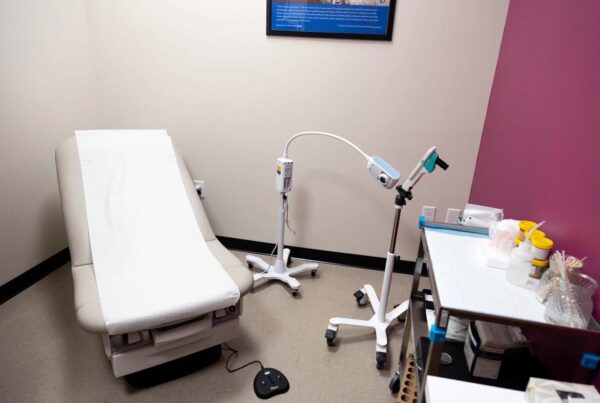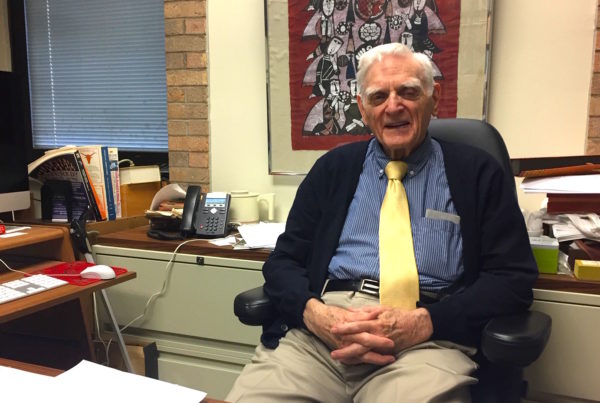Every year, thousands of migrants cross into the U.S. through the Texas-Mexico border. Their journey takes them across remote stretches of Texas with little access to water and constant exposure to the elements.
Some will never complete their journey. When this happens, local communities become responsible for the identification and internment of the bodies. With resources stretched thin, this is often a challenge.
Instead, communities can send these bodies to Texas State University’s Forensic Anthropology Center where Dr. Kate Spradley and her small team, along with student volunteers, work to identify and repatriate deceased migrants as part of the Operation Identification program.
Operation Identification began in 2012 following an influx of undocumented migrants to assist one community – Brooks County.
Spradley said their mission was simple: assist border communities by “providing forensic anthropology services and identification efforts to long-term and recently dead, buried and forgotten migrants.”
They started by exhuming the migrants that Brooks County buried during their influx and made slow progress, making between two and five identifications per year. But then other overwhelmed border counties heard about the program and began asking for help.
“More recently, we’ve started getting transfer cases from counties that are lacking the resources,” Spradley said. “And we’re, instead of providing forensic anthropology services, providing case management services. These remains are of recent deaths, and sometimes they have information on them that’s helpful for an identification hypothesis. So this last year we had about 80 identifications. So the more recent the individual, the more likely there is for identification.”
And while identification is a big accomplishment for Spradley’s team, their main goal is still to provide answers and closure.
“We do this for the families. These families are living in chronic pain and they’ve suffered an ambiguous loss,” she said.
But repatriation can be complicated, especially if the individual is from a country that has strained ties to the U.S. Other roadblocks, like death certificates, can also cause delays.
“If the individual is returning to the country of origin, the consulate will usually help the family make the arrangements and cover the costs of the arrangements,” Spradley said. “In some cases, if the individual is being repatriated to a family in the United States, then the family is responsible for that.”
But Spradley and her small team continue to work towards the end goal of repatriation for all the migrants they find under their care. A new grant will help them keep reunifications going for at least the next three years.
“Usually, I have a staff of 1.5 individuals – one full-time and one part-time. So this helps us get more staff so we can expand these services to other counties,” she said. “It’s not long-term funding and it’s not totally sustainable. And last year we lost our funding from the state. So this is a humanitarian effort, but it’s also helping these counties ensure legal compliance. And it’s very hard when you’re overwhelmed with high numbers of fatalities.”
As the summer heats up, Spradley’s team will only get busier.
“The summer months are the most deadly,” she said. “This is when you have your highest number of fatalities. So it will be another deadly summer, especially with this increasing heat wave.”














